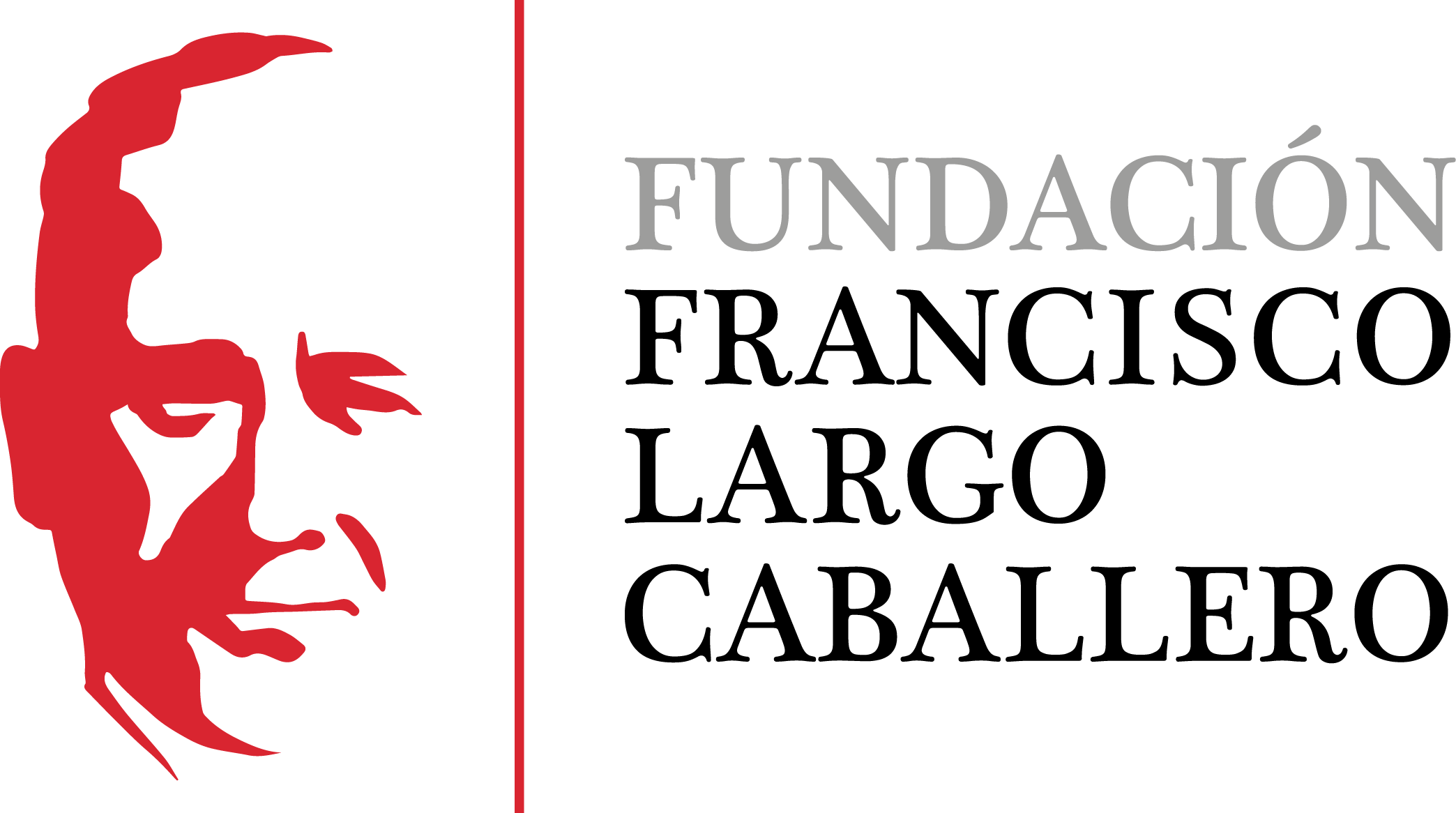From local government to national sovereignty.
The concept of «self-government» in Europe and America
DOI:
https://doi.org/10.69791/rahc.282Keywords:
Citizenship, democracy, self-government, national sovereignityAbstract
In the 17th century for most people the word self-government was primarily related to the individual who had full autonomy in a moral sense. This idea later spread to others fields (education for instance) and to other subjects, especially to the municipality. The concept of self-government then came to mean mainly «local-government» (in apolitical sense) and was applied not only to British towns but also to the North American Colonies and in other territories such as India. However, after the liberal revolutions, the concept evolved from its original English language sense and acquired new meanings within the vocabulary of many European and American thinkers, who linked the idea of self-government to that of democracy understood as civil liberty, citizenship and representative government. This newly built liberal concept changed along XXth Century, first to be identified with national sovereignty and later to be confused with self-determination.
Downloads
Global Statistics ℹ️
|
102
Views
|
18
Downloads
|
|
120
Total
|
|
Downloads
Published
How to Cite
Issue
Section
License
Copyright (c) 2007 Gonzalo Capellán de Miguel

This work is licensed under a Creative Commons Attribution 4.0 International License.
Alcores is an open-access journal. It provides unrestricted access to its content from the moment of publication. We respect intellectual property rights, and for this reason, the author retains the copyright. All content is distributed under a Creative Commons Attribution 4.0 International (CC BY 4.0) license. The terms of the license can be consulted at: https://creativecommons.org/licenses/by/4.0/
This license allows sharing (copying and redistributing the material in any medium or format) and adapting (remixing, transforming, and building upon the material for any purpose), provided that authorship and first publication in this journal are properly credited, a link to the license is included, and any changes made are indicated.
This type of license facilitates the freedom of reuse and ensures that the content of this journal can be used to meet research needs.





